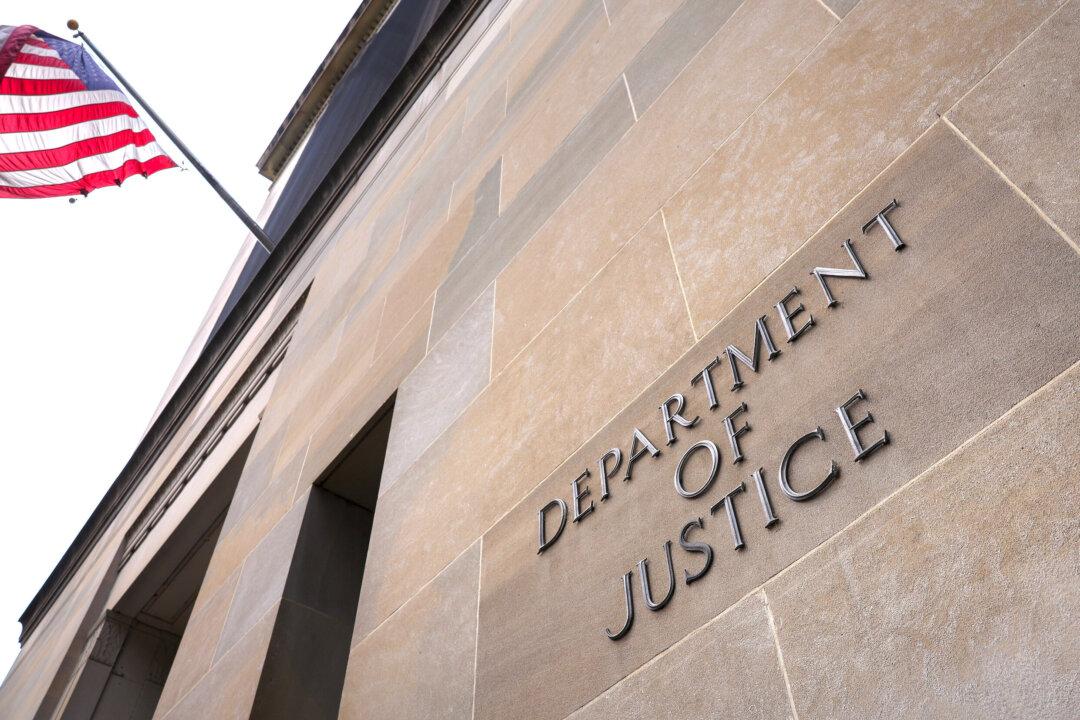The Department of Justice successfully ordered Google not to notify members of Congress or their staff for five consecutive years that their communications had been subpoenaed in 2017, according to former congressional investigator Jason Foster.
Mr. Foster, who previously served as chief investigative counsel for Sen. Chuck Grassley (R-Iowa) on the Senate Judiciary Committee, is the founder and chair of Empower Oversight Whistleblowers & Research. He made the claim in an interview for “Just the News, No Noise.”




